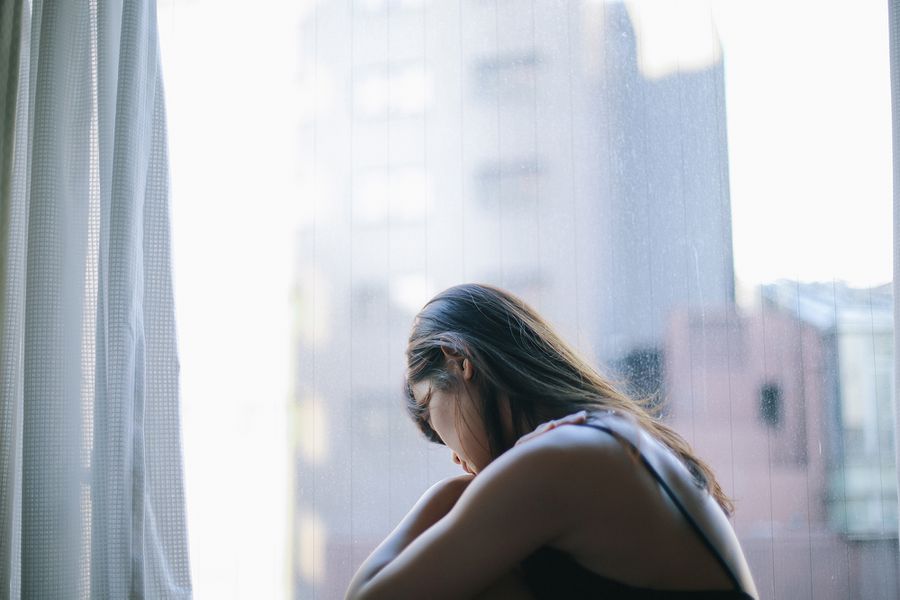
Perhaps you just moved to a new city or are gearing up for your first holiday season as a single. Or maybe you have thousands of followers on social media and a phone that won’t stop blowing up with text messages and yet, you still feel disconnected. Whatever the case may be, loneliness is a natural thing to experience — and a common one at that, too. In fact, so many Americans have felt lonely over the past years that public health officials started to express concern over a “loneliness epidemic.” Since the onset of the COVID-19 pandemic, this has only gotten worse.
That said, if your loneliness is chronic, or lasting for a long period of time and contributing to overall negative quality of life, seeking professional help is even more imperative, explains Malone. Lacking close friends or relationships, experiencing feelings of isolation, and losing interest in most social interactions could all be indicators that someone is experiencing chronic loneliness, says Malone.
Seeking a professional can also help if loneliness is caused by negative or distorted thinking patterns, explains Malone. “Since loneliness [can be] due to distortions in thinking, interpretations, and processing of emotions, those that experience this would benefit from seeking a psychotherapist that can help them determine if they have a mood disorder, such as depression, which makes one more prone to feelings of loneliness,” she says. “A psychotherapist can also develop a treatment plan to challenge the cognitive and emotive distortions that create a lonely mindset.”
At the end of the day, you don't have to resign to the belief that feeling lonely is inevitable. There are multiple ways to deal with loneliness, so don't hesitate to reach out to a mental health professional for individualized guidance.






































